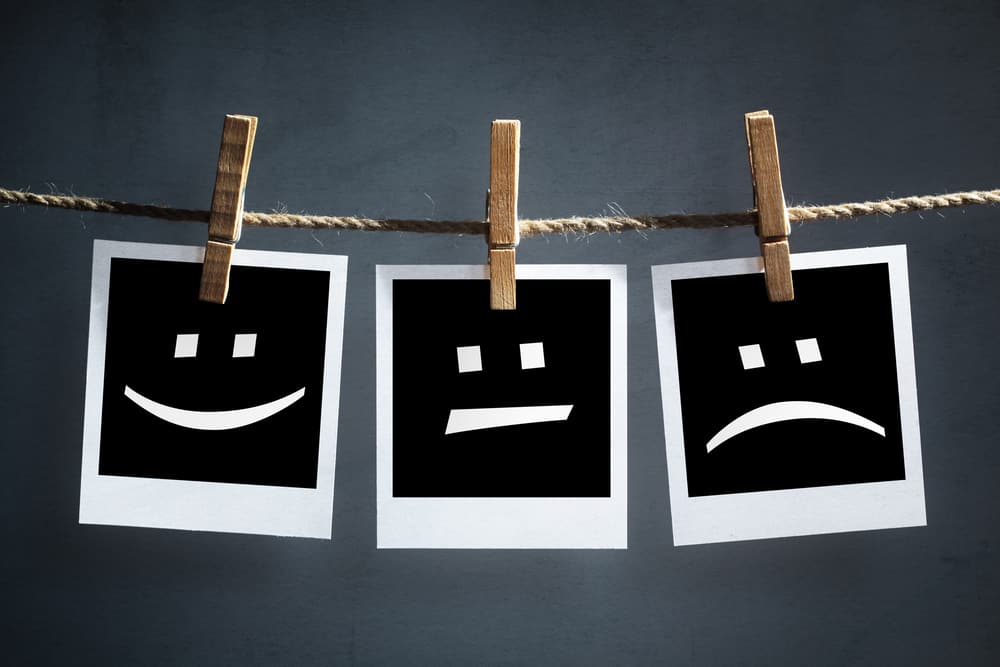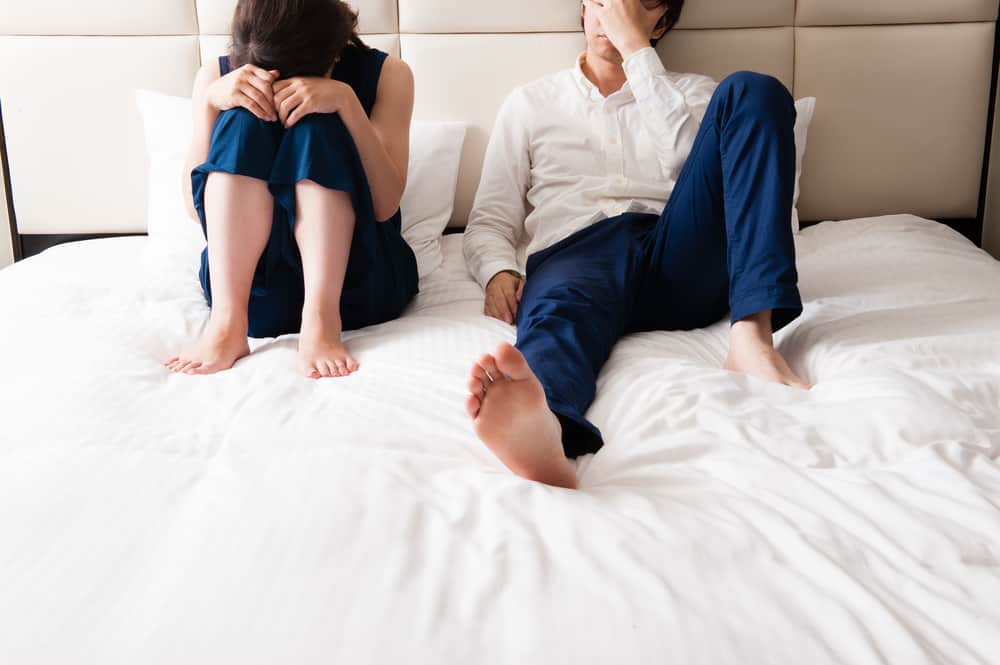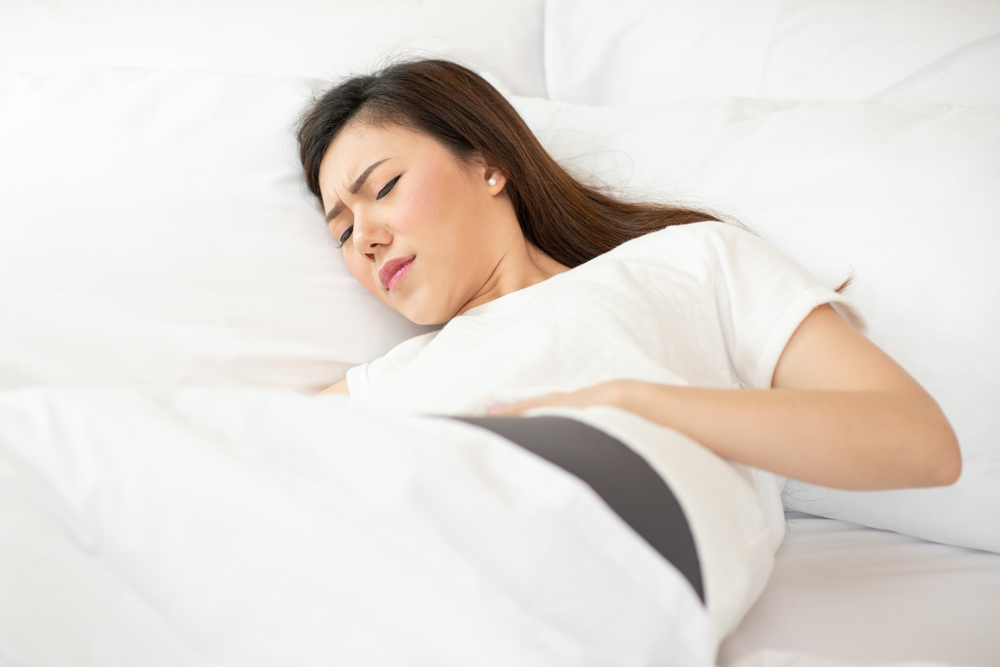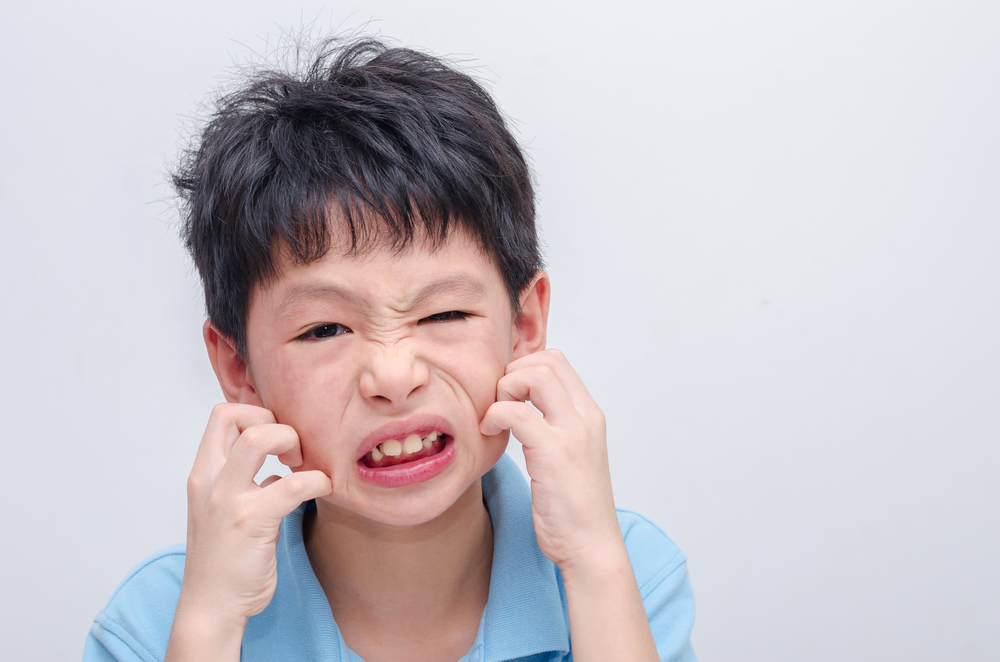Contents:
- Medical Video: Bipolar, Borderline or Both? Diagnostic/Formulation Issues in Mood and Personality Disorders
- When viewed from the symptoms, where are the differences?
- So what's the difference between BPD, bipolar disorder, and mood swing?
- Is the cause the same?
- How about treating it?
Medical Video: Bipolar, Borderline or Both? Diagnostic/Formulation Issues in Mood and Personality Disorders
You may have heard of borderline personality disorder, bipolar disorder, and mood swing. All three have almost similar symptoms, where there are changes mood which is quite overwhelming. However, if examined in more depth, it turns out there are fundamental differences between the three mental conditions. Let's look at the explanation below.
When viewed from the symptoms, where are the differences?
Borderline personality disorder (BPD) which is also often called threshold personality disorder is a condition in which a person has difficulty controlling his emotions. This causes them to have changes mood who are fast, not confident, and difficult to establish social relations. Those who have this type of personality will have symptoms such as:
- Instability mood (anxious, uncomfortable feeling that can last for several hours and occurs within a few days)
- Feeling empty or empty
- Difficulties in controlling emotions, often angry and often involved in fights
- Difficulties in establishing good social relations with others.
- Take actions that can endanger yourself, or think and plan actions that endanger yourself
- Have a fear of rejection or loneliness
Whereas bipolar disorder is a complex type of disorder, causing changes mood which is very extreme. From episodes of mania (very excited and active) to episodes of depression (very sad, hopeless, and not powerful). If the patient is in an episode of mania, the patient will experience the following symptoms:
- High self-confidence, even excessive
- Not sleeping, can even sleep only three hours a day
- Being very active talking
- Talking is very fast and hard to follow
- Talk with different topics in one conversation (nocontinue)
- His attention will be easily distracted
- These symptoms occur at least for a week and cause disruption of social life and the daily lives of patients
If the patient is in a depressive episode, the patient will experience:
- Not excited
- Weight loss even if the patient is not on a diet
- Feel tired all day
- Feel useless and hopeless
- A desire to commit suicide appears
While the symptoms of mood swing often occur in women, especially near the age of menopause or when they want menstruation (PMS). Mood swing causes changes in emotions in a short time. For example, you are joking with friends and laughing out loud, then a few moments later you feel sad and eager to cry. In addition, you also feel unable to control yourself, get tired, and feel mixed emotions.
However, in addition to women, mood swing can also occur in men, which is known as irritable male syndrome (IMS). Where, a man will experience symptoms of anxiety, hypersensitivity, frustration, and irritability.
So what's the difference between BPD, bipolar disorder, and mood swing?
Bipolar disorder is often accompanied by psychotic disorders (patients feel that they hear or see something that really doesn't exist). If the patient is experiencing an episode of mania, usually things that are heard will be in the form of praise for him. In episodes of depression that are heard are insults or ridicule to him. Whereas in BPD, patients rarely experience psychotic symptoms.
When compared with bipolar disorder and BPD, mood swing is often followed by physical symptoms. In women who will experience menopause, complaints that often occur in the form of feeling dry and stiff in the vagina due to hormonal changes (this can trigger pain during sex and increase the risk of infection), night sweats, feeling hot flashes (sudden heat that spreads to the upper part of the body and face) and difficulty sleeping.
Whereas in women with PMS, complaints in the form of discomfort in the stomach, stomach feels bloated, constipation, acne, joint pain, chest pain, and nausea. In men, complaints include back pain, headache, abdominal cramps, and sexual dysfunction. Other than that, mood swing nor can it cause a psychotic disorder.
Is the cause the same?
Bipolar disorder and BPD are actually caused by many factors, including genetic factors, disturbances and imbalances in neurotransmitters in the brain, as well as the occurrence of imprinted life events (such as someone's loved death and divorce).
Those who have BPD appear to have disturbances in the frontolimbic lobe (the occurrence of prefrontal and hyperactive deficits in the limbic system). The existence of this deficit will also make a person unable to stem and control negative emotions. This disorder will also trigger an aggressive nature and instability mood.
Whereas in those who have bipolar disorder, the location of the disorder is different. Disorders occur in parts of the brain, subcortical and anterior limbic prefrontal.
In those who experience mood swings, generally caused by hormonal instability. In women, especially those who will experience menopause or PMS, progesterone levels will decrease and the hormone estrogen will become chaotic.
In fact, the hormone progesterone plays a role in reducing anxiety, while the hormone estrogen greatly affects the production of the hormone serotonin which plays a role in regulation mood. This causes control mood which is falling apart.
In addition, this condition will also be triggered by stress levels or heavy workloads, fatigue and difficulty sleeping. The combination of hormone instability and the things that trigger it will cause the mood swing. In men, hormonal changes and instability, such as a decrease in testosterone and a decrease in serotonin, also trigger STIs in men.
How about treating it?
Bipolar disorder can be treated according to the episode that is being experienced. If you experience a phase of mania, lithium drugs can be given, whereas if you are depressed you can be given an antidepressant.
Handling for those who have a BPD is more focused on psychotherapy and counseling. However, drug administration can also be given to treat other disorders such as anxiety, depression, or impulsive disorders.
To overcome the mood swing, hormonal therapy with estrogen can help. This therapy is believed to be quite effective in dealing with complaintshot flashes and night sweats. In addition, you can also try consuming SSRI drugs to regulate instability mood and difficulty sleeping.














